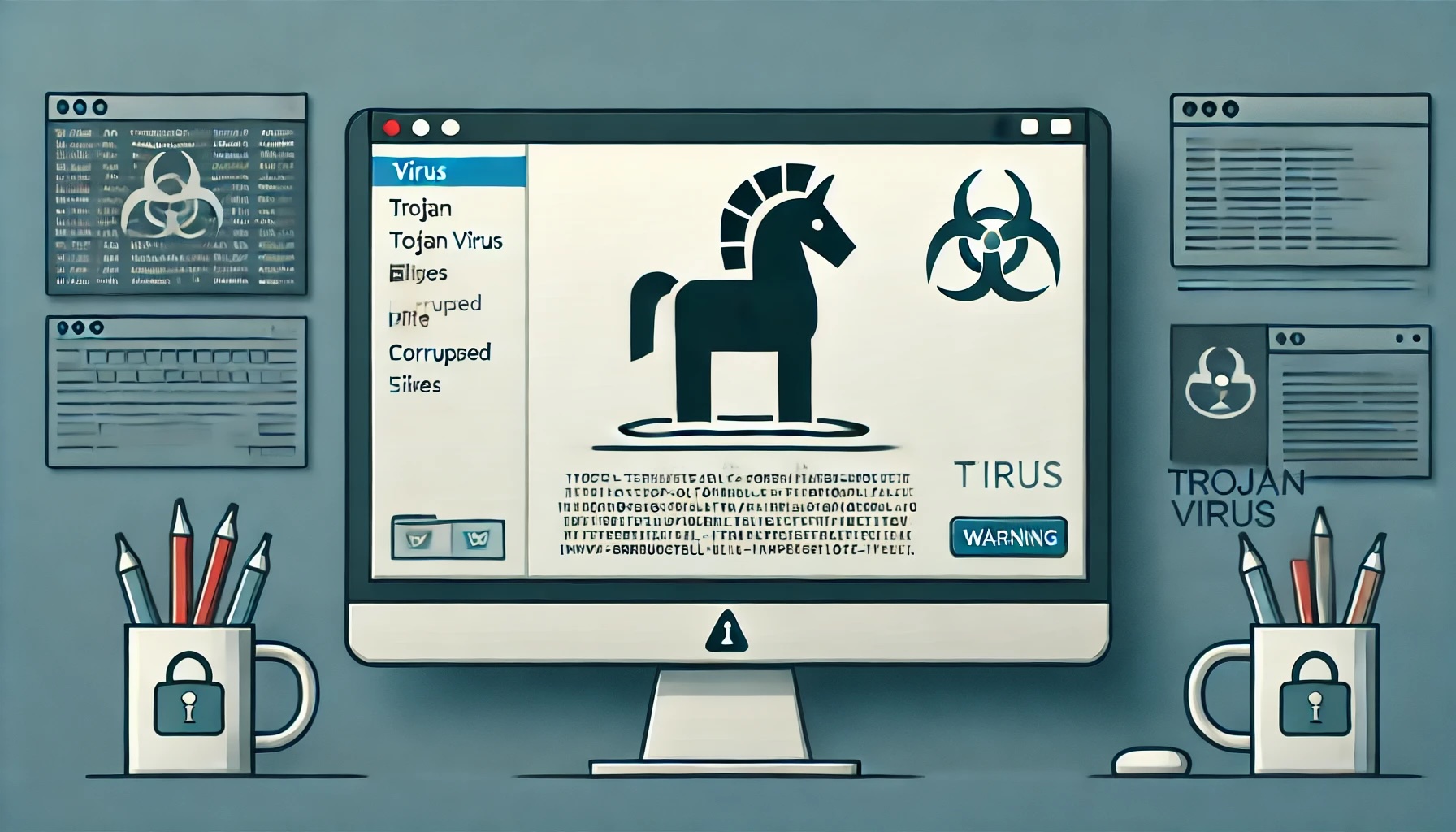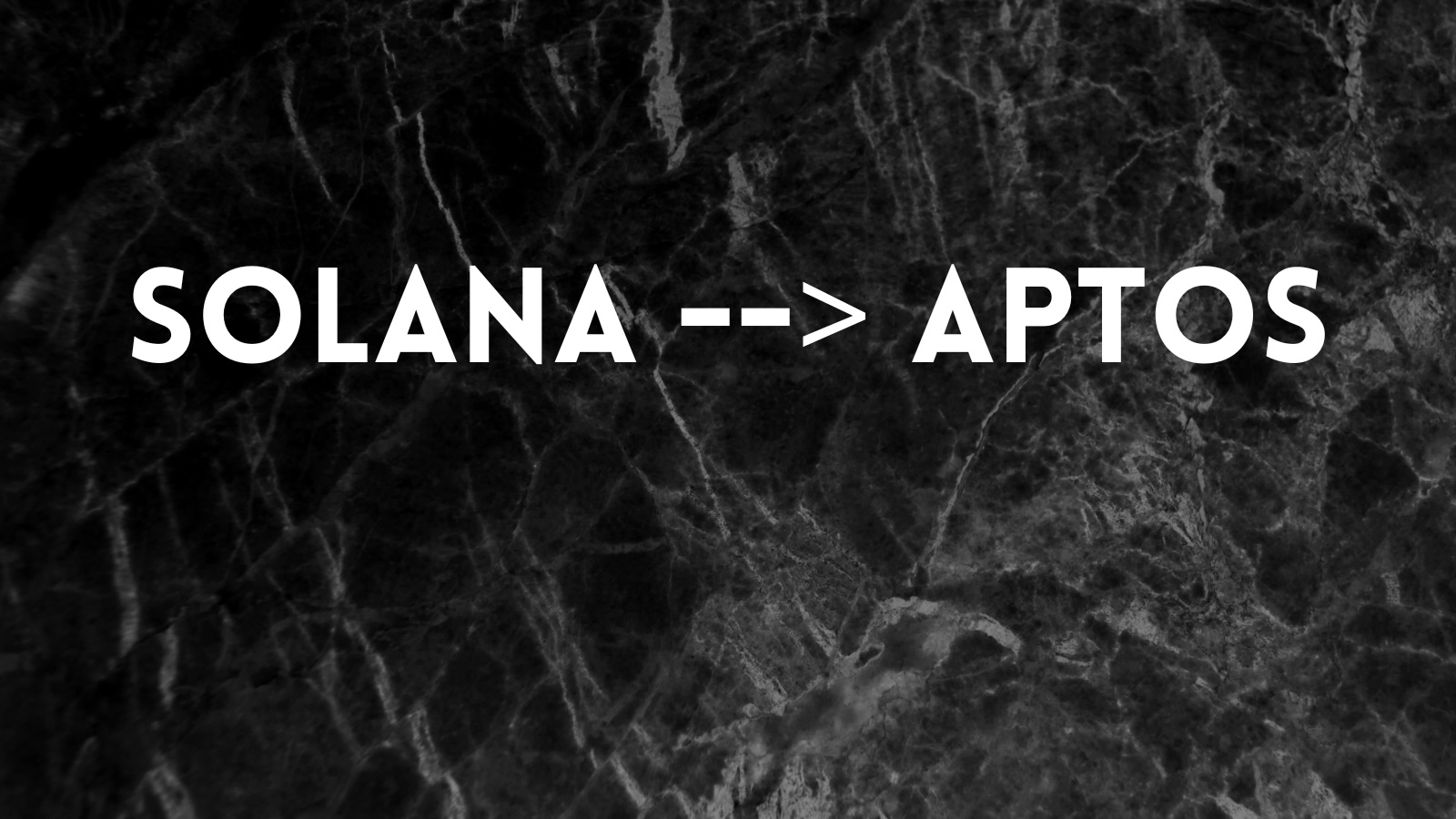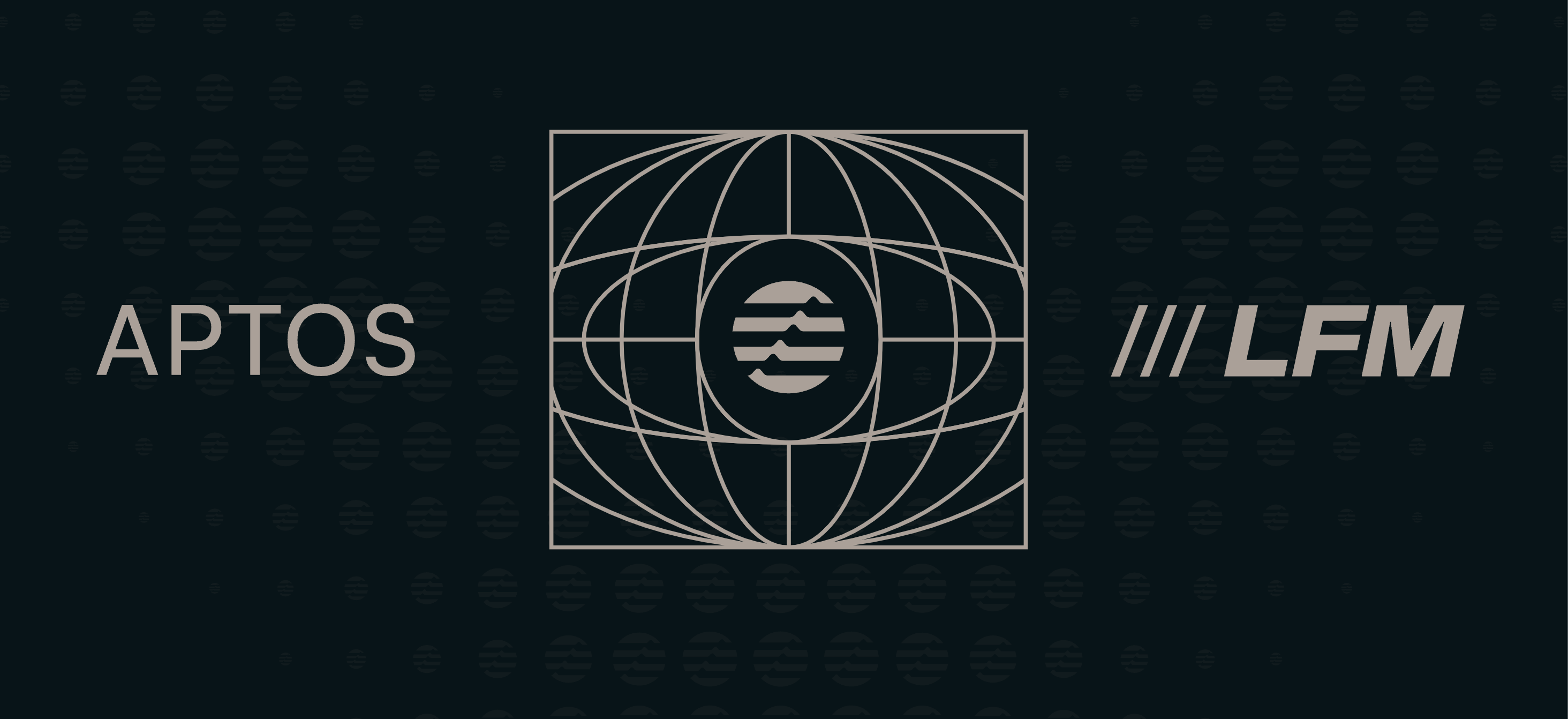Bitcoin, often referred to as the pioneer of cryptocurrencies, is a digital or virtual currency that was created in 2009 by an anonymous individual or group using the pseudonym Satoshi Nakamoto. Unlike traditional fiat currencies issued and regulated by governments, Bitcoin operates on a decentralized network called the blockchain. It is known for its revolutionary technology and the potential to disrupt the financial industry. Bitcoin allows for peer-to-peer transactions without the need for intermediaries like banks, and it has gained significant attention for its role as a store of value, a medium of exchange, and an investment asset. Its introduction has sparked a wave of innovation in the world of finance and has led to the creation of thousands of other cryptocurrencies.
But, is Bitcoin really something that can replace fiat or traditional cash? If yes, how? Here are some of the most concrete reasons why Bitcoin is superior to conventional currency.
Why Bitcoin is better than Fiat Money
Decentralization: Bitcoin operates on a decentralized network of computers, known as a blockchain, which is not controlled by any central authority like a government or central bank. This can make it more resilient to political interference or manipulation.
Security: Bitcoin transactions are secured using cryptographic techniques. This makes it extremely difficult for unauthorized parties to alter or counterfeit transactions.
Lower Transaction Costs: Traditional financial institutions and payment processors often charge fees for currency exchange and cross-border transactions. Bitcoin transactions typically have lower fees, making it cost-effective for international transfers. Already, we have been seeing some of the other cryptocurrencies specifically being adopted for the lesser gas fees, but since we are discussing Bitcoin, the Lightning network through which there are fast transactions possible, also has comparatively lesser fees compared to what the financial institutions charge.
Accessibility: Bitcoin is accessible to anyone with an internet connection, providing financial services to people who are unbanked or underbanked, especially in regions with limited access to traditional banking.
Inflation Resistance: Bitcoin has a capped supply of 21 million coins, which is designed to be deflationary. This scarcity can protect against inflation, which can erode the value of fiat currencies over time. With different currencies across the world, and some already inflated, the value of such currencies ends up being close to nothing, that’s where the deflationary feature of Bitcoin makes it a much better bet for the longer run.
Portability: Bitcoin exists purely in digital form, making it highly portable. You can carry large sums of value in a small hardware wallet or even memorize a passphrase to access your funds anywhere in the world. Imagine having to carry a huge amount of cash, and compare that to a pen-drive-sized ledger wallet where you have all your Bitcoins stored.
Transparency: The Bitcoin blockchain is a public ledger that records all transactions. Anyone can view transaction history, which enhances transparency and trust in the system. It is a blockchain so you get to see every address and every transaction that happened on the Blockchain, and unlike how cash can be laundered, Bitcoin’s transparency helps keep things open to the public.
Ownership Control: Bitcoin users have full control over their funds, and no third party, such as a bank, can freeze or confiscate their assets.
Global Acceptance: Bitcoin is increasingly accepted by a wide range of businesses and merchants worldwide, allowing users to spend it on goods and services.
Financial Inclusion: Bitcoin can help include individuals who lack access to traditional financial services, allowing them to participate in the global economy.
There are always more reasons why one has to be bullish on Bitcoin and cryptocurrencies when comparing them with conventional cash and fiat money around the world.
Related










